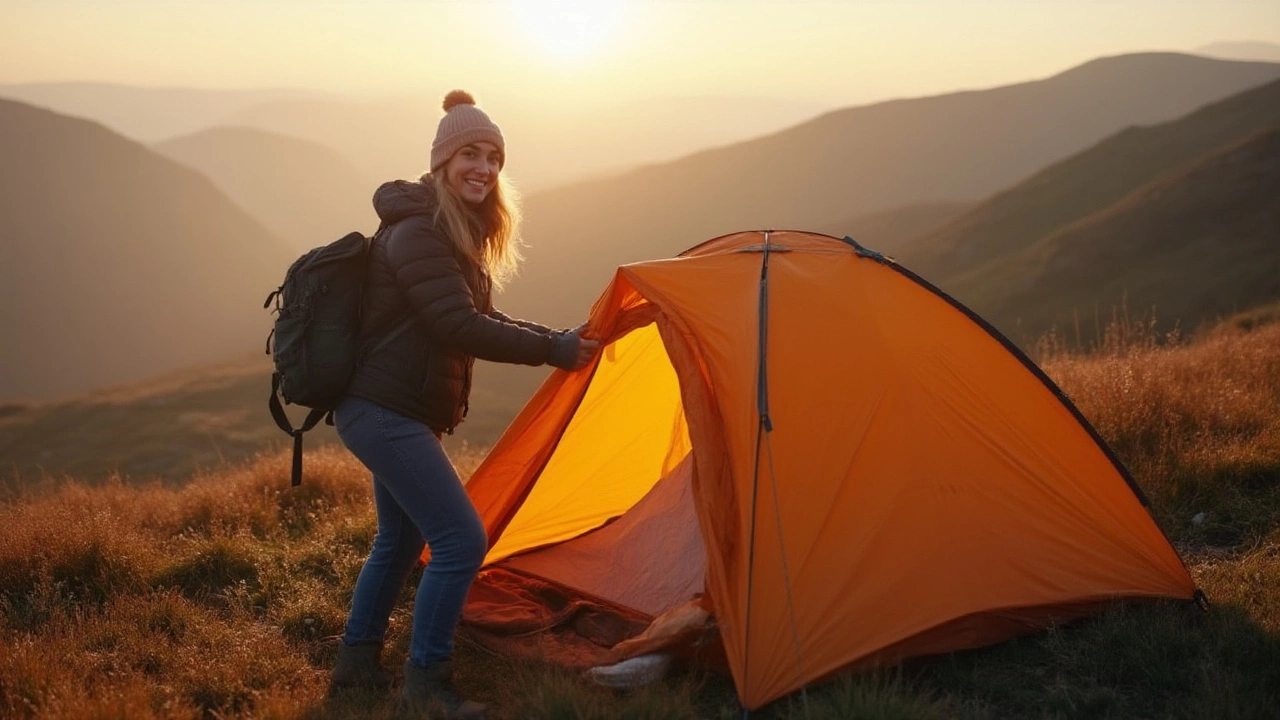Is It Safe for a Woman to Camp Alone?
Feeling the pull of the wild but worried about going solo? You’re not alone – many women wonder if they can pitch a tent on their own and stay safe. The short answer is yes, you can camp alone safely, as long as you plan ahead, pick the right spot, and keep a few simple habits in mind.
Plan and Choose the Right Spot
Start with research. Look for campsites that have good reviews from solo travelers, especially women. Official campgrounds with posted facilities (toilets, water, ranger patrols) are a solid bet. If you prefer wild camping, stick to areas where it’s legal and where you can see a road or a trailhead nearby.
Map out your route and share it with a friend or family member. Let someone know when you expect to arrive and when you plan to leave. A quick text or a check‑in call each evening can make a world of difference if anything goes off‑plan.
Safety often comes down to visibility. Choose a site that’s well‑lit at dusk, near a water source if you need it, but not so close that insects or wildlife gather in large numbers. A slight slope can help water run off the tent, and a spot with natural windbreaks—like a small stand of trees—can keep you comfortable.
Gear and Safety Practices
Invest in a quality tent with a strong rainfly and a reliable lock on the door. A tent that can be zip‑locked from the inside gives you a quick way to secure the entrance if you hear a rustle.
Bring a bright headlamp or a portable lantern. Light not only helps you move around at night, it signals to others that you’re present. A small solar-powered flashlight can be a backup if batteries die.
Carry a personal safety device – a whistle, a compact pepper spray (if legal in your area), or a personal alarm. These are cheap, lightweight, and can scare off unwanted attention.
Stay connected. A charged phone is essential, but don’t rely on cell service alone. A satellite messenger or a simple MP3 radio can keep you in touch when the signal drops. Pack a power bank and keep it close to your sleeping area.
Keep valuables locked in a zip‑lock bag inside your backpack. When you’re ready to sleep, store your bag just inside the tent door, so you can reach it quickly if needed.
Know basic first‑aid and wildlife safety. Learn how to identify safe plants, avoid poisonous berries, and store food away from bears or raccoons. A simple bear bag or lockable container reduces the chance of an animal wandering into your tent.
Trust your gut. If a site feels off, move on. The wilderness is big enough to offer plenty of alternatives. Listening to intuition is a powerful safety tool.
Lastly, enjoy the experience. Solo camping lets you set your own pace, reflect, and soak in nature without distractions. With the right prep, you’ll find it’s not just safe – it’s empowering.
-
 VIEW POST
VIEW POSTIs Solo Camping Safe for Women? Facts, Advice, and Real-Life Tips
Jul, 6 2025|0 CommentsWondering if it's safe for a woman to camp alone? This article lays out the facts, debunks fears, and serves up practical tips every woman should know.